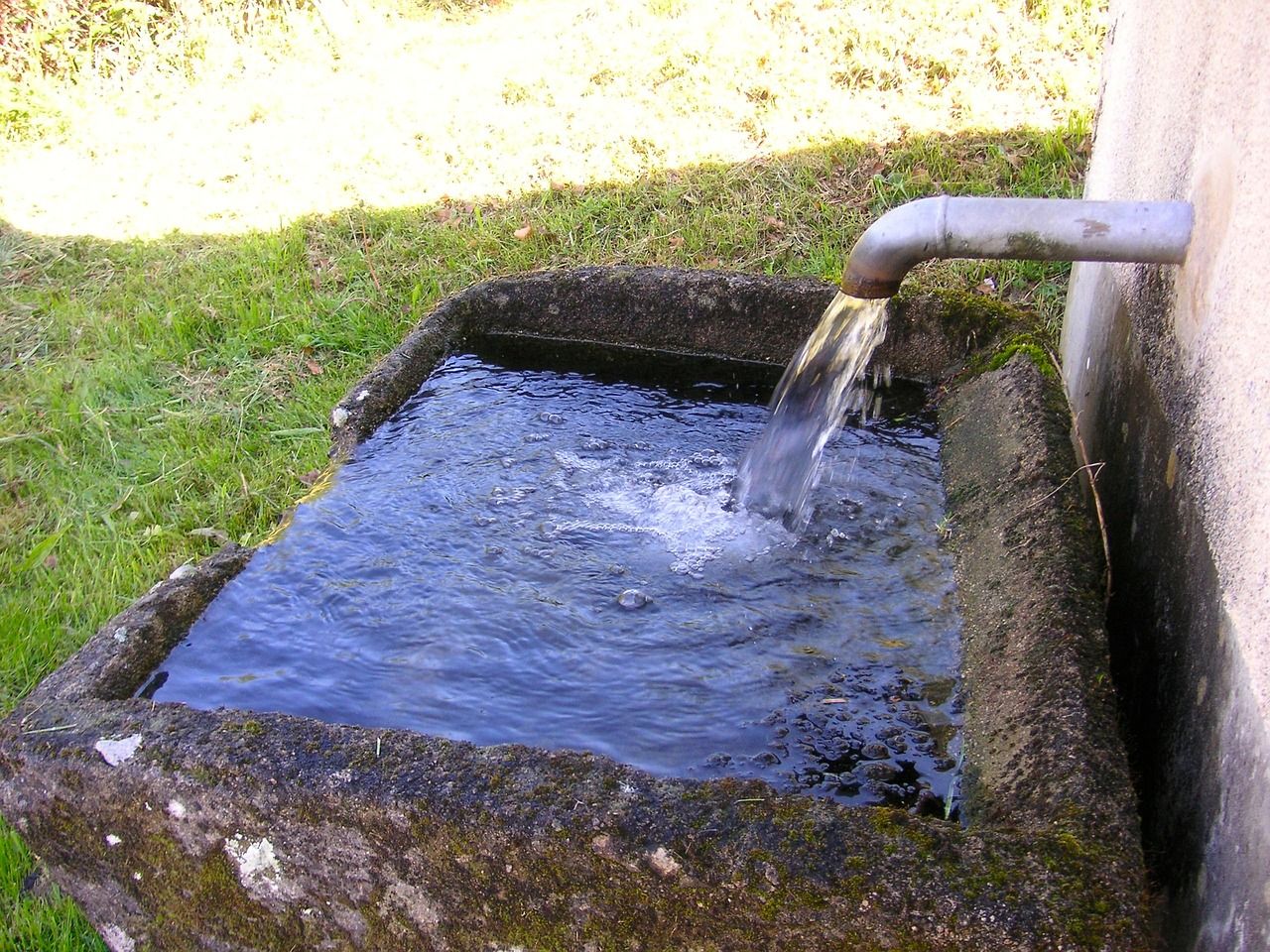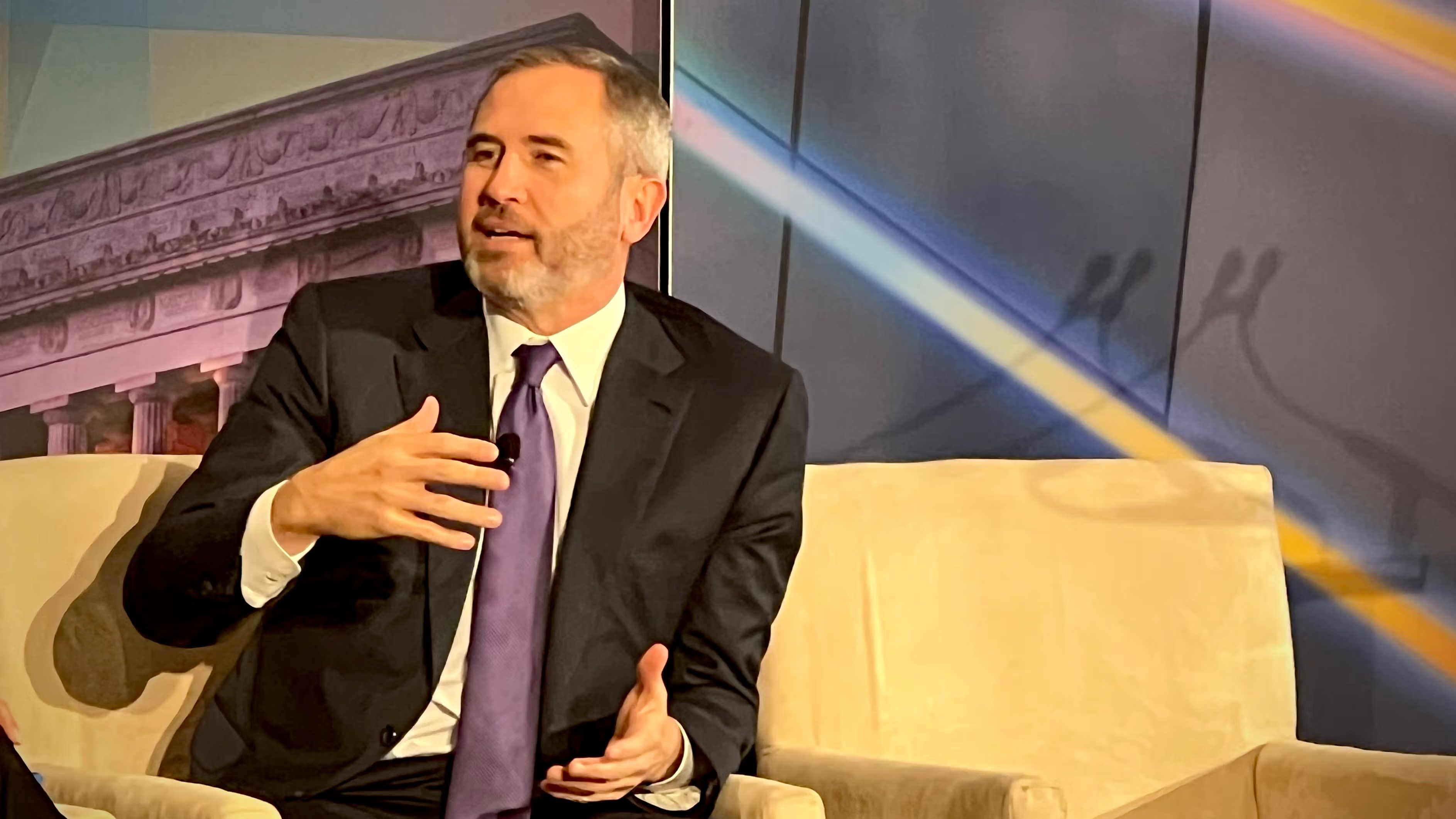Decentralized finance, more commonly known as DeFi, presents a fundamental shift in the way we’ve built our financial system. It’s the building block of the world’s No. 2 cryptocurrency, Ethereum. If you don’t have a solid understanding of it yet, it’s time to get started.
At its most basic, DeFi is a different use of blockchain, the underlying technology of cryptocurrencies such as Bitcoin. It has the potential to remove banks from the equation, creating a more transparent, traceable system that makes finance accessible to a broader range of people. From crowdsourcing student loans to expanding investment options, DeFi can give you more financial choices.
But it’s not something you want to enter blindly. As a survey by Cardify found, only 15% of crypto investors said they fully understand crypto’s value and potential. If you wish to understand some of the emerging trends in modern finance — while avoiding the perils — you’ll need to understand DeFi.
How to get started
Begin by conducting your own research on blockchain, DeFi’s underlying technology.
The key is finding credible, objective sources. That means investigating the sources’ motives and avoiding sites that describe something as all good or all bad. A quality source discusses the pros and cons. If they don’t mention that most digital wallets aren’t FDIC insured, for example, you’re likely in the wrong place.
One way to start would be watching this video by mathematician Grant Sanderson explaining how Bitcoin actually works. Then you could dive deeper by exploring information resources offered by Coinbase and GitHub.
Next, you can consult resources provided by decentralized autonomous organizations, or DAOs. DAOs are ownerless digital groups that exist on the blockchain and pursue a collective purpose. Contributors to these organizations are often at the cutting edge of their topics of expertise, so they can be a great source of information.
Do all that you can to tread a little deeper into the weeds of DeFi. Information on DAOs is updated regularly, which is critical to a rapidly advancing field. If you want to try a learning DAO, check out Crypto, Culture & Society.
But remember, information from DAOs is crowdsourced, and with anything crowdsourced, quality varies. If someone’s telling you something’s the best thing since sliced bread, proceed with caution.
More advanced learning is available
There are obvious limitations to scouring the internet on your own. For more structured learning, webinars and podcasts from credible sources are a sound option. They tend to be quick to market, ensuring information is relatively current.
Think of your quest for knowledge as akin to taking up fishing. Rather than finding the best lake on your own, webinars and podcasts offer a chance to spend an hour with a guide who will tell you where to fish and what lures to use. Some helpful podcasts include the Stephan Livera Podcast, the Real Vision Crypto Channel, The Defiant,…
Read More: www.kiplinger.com









 Bitcoin
Bitcoin  Ethereum
Ethereum  Tether
Tether  XRP
XRP  Solana
Solana  Dogecoin
Dogecoin  USDC
USDC  Cardano
Cardano  Lido Staked Ether
Lido Staked Ether  TRON
TRON  Avalanche
Avalanche  Sui
Sui  Wrapped stETH
Wrapped stETH  Chainlink
Chainlink  Toncoin
Toncoin  Shiba Inu
Shiba Inu  Stellar
Stellar  Wrapped Bitcoin
Wrapped Bitcoin  Polkadot
Polkadot  Hedera
Hedera  WETH
WETH  Bitcoin Cash
Bitcoin Cash  Uniswap
Uniswap  Pepe
Pepe  Litecoin
Litecoin  LEO Token
LEO Token  Hyperliquid
Hyperliquid  Wrapped eETH
Wrapped eETH  NEAR Protocol
NEAR Protocol  Ethena USDe
Ethena USDe  USDS
USDS  Internet Computer
Internet Computer  Aptos
Aptos  Aave
Aave  Mantle
Mantle  Render
Render  Bittensor
Bittensor  POL (ex-MATIC)
POL (ex-MATIC)  Cronos
Cronos  Ethereum Classic
Ethereum Classic  Virtuals Protocol
Virtuals Protocol  Artificial Superintelligence Alliance
Artificial Superintelligence Alliance  Arbitrum
Arbitrum  MANTRA
MANTRA  Monero
Monero  WhiteBIT Coin
WhiteBIT Coin  Tokenize Xchange
Tokenize Xchange